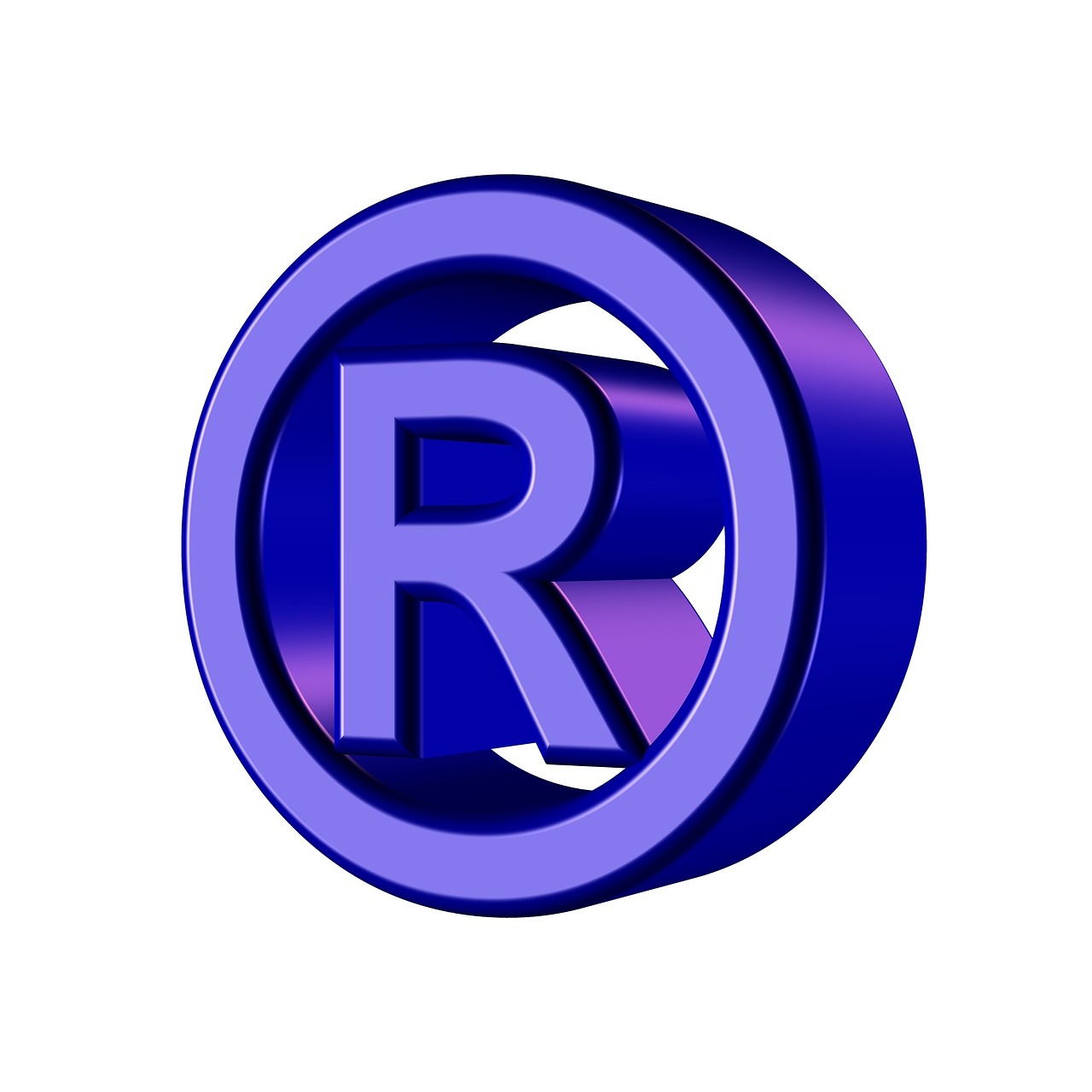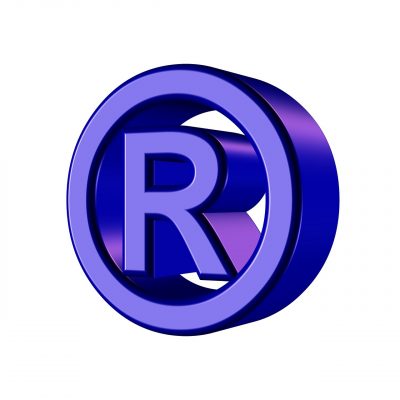Cold Calling: Seven Strategies to Take Away the Pain By Freya Shipley
Writers are a relatively introverted bunch. To many of us, the idea of phoning a potential client to say, “Hire me!” is downright scary…
Writers are a relatively introverted bunch. To many of us, the idea of phoning a potential client to say, “Hire me!” is downright scary…

I see your point, but how does this really differ from the problem of character names? I write a story, and I make up a name for my character, but with just about any name I pick, say “Phil Walters” or “Susie Kimball” (and I just now made those up), there are going to be dozens of people across the United States with that name. And now the cops are after Phil because Susie is missing and they think he murdered her, or after Susie because her boss says she embezzled $10,000. How does this differ from (a suspected fictious business name) running a sideline in smuggling drugs?
Coming up with names and such is enough of a pain when writing, without making it harder. And what if I do check a name/URL/e-mail out today? Somebody could easily start using the name between the time I submit the story to a publisher and the time it is published (lead times of a year are not unusual). Do I have to recheck everything when I get the final galley? My publisher would be *most unhappy* if I made a whole slew of changes that late in the production cycle.
You can’t be a hundred percent safe on something like this, that’s what the usual disclaimer is for.
When my neurologist diagnosed me with Multiple Sclerosis two months before my 30th birthday, I thought of one thing – what’s going to happen to all of the stories I want to tell, but haven’t found the time to write?
Ali and Mikey arrived in Florida late last week. They decided to live in our RV and travel to different nearby cities to look for jobs…

Well, it happened again. An author submitted a novel and a so-called “fictitious”, non-profit organization he created for his novel was accused, in his novel, of being involved in a child abuse ring. He listed the “fictional” organization’s name and website URL in his novel. I’ve seen this before and it took me a mere second to Google the name and the website address and, guess what? They both exist…
Letters will return next week.

Three years ago, the release of my first novel excited me, yes, but it also threw me into a dither. A dither, if you’ve never been in one, is similar to mild hysteria and confusion. All other authors I knew at the time talked about book signings, and I attended a couple of them. In my opinion, that might not work for me, as they don’t seem to work very well unless you are the author of the Harry Potter series. How many readers would drive to a bookstore and buy my book? I feared not many, and there I’d be, all alone in public, people walking past me, ignoring the books on the table. The thought of buying a big stack of books and not selling them didn’t make me comfortable, either…
I’m a hunter, writer, and Christian. I’ve hunted in about 40 countries (no African hunting yet), with several forays to above 15,500 feet and one up to 17,500 feet, so I’m no stranger to altitude…
Well, now all three of our adult children have been in major accidents. Frank is fine but he wrecked my Mustang and while we haven’t heard from them yet, we’re pretty sure it’s totaled…
This week: